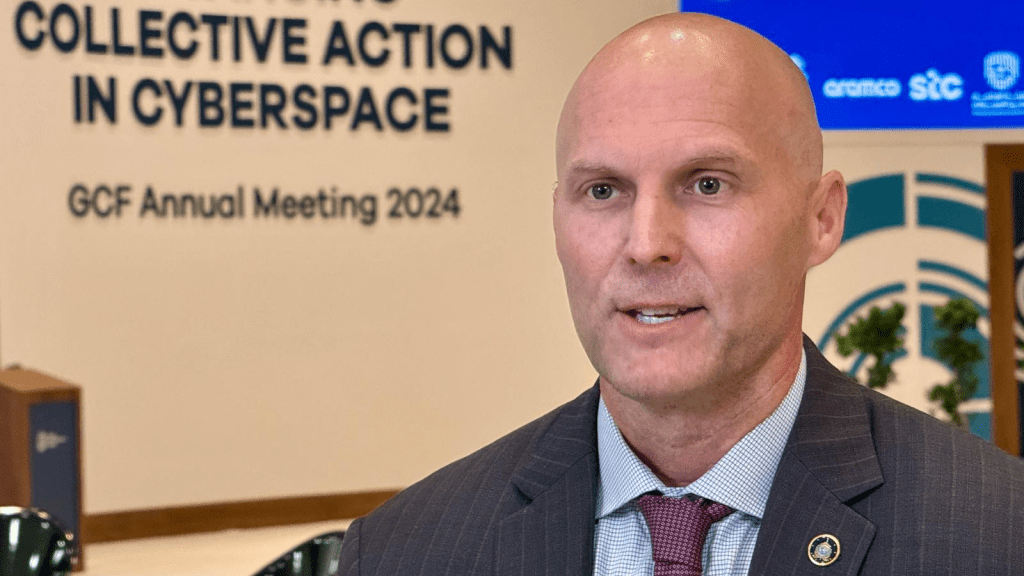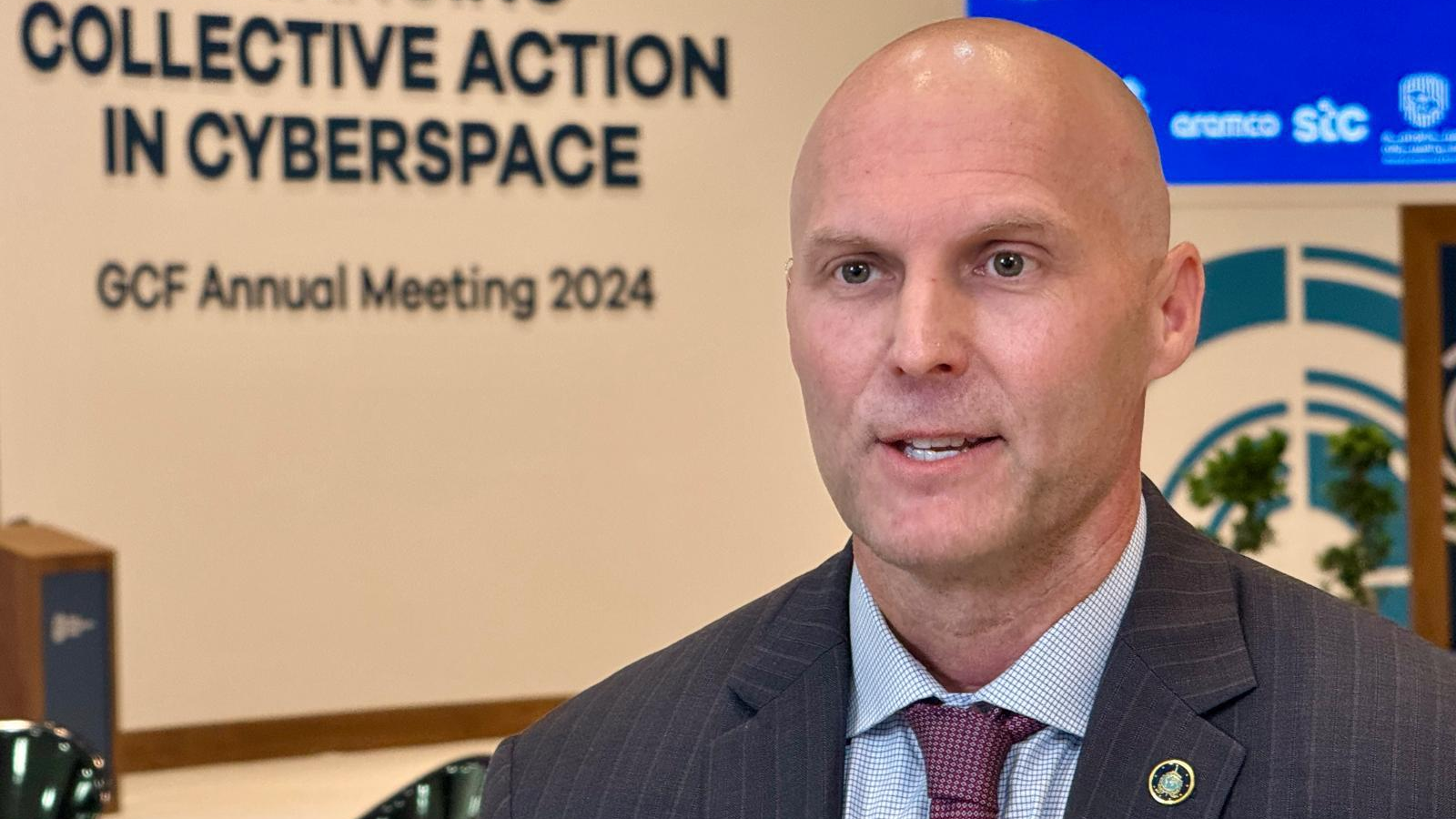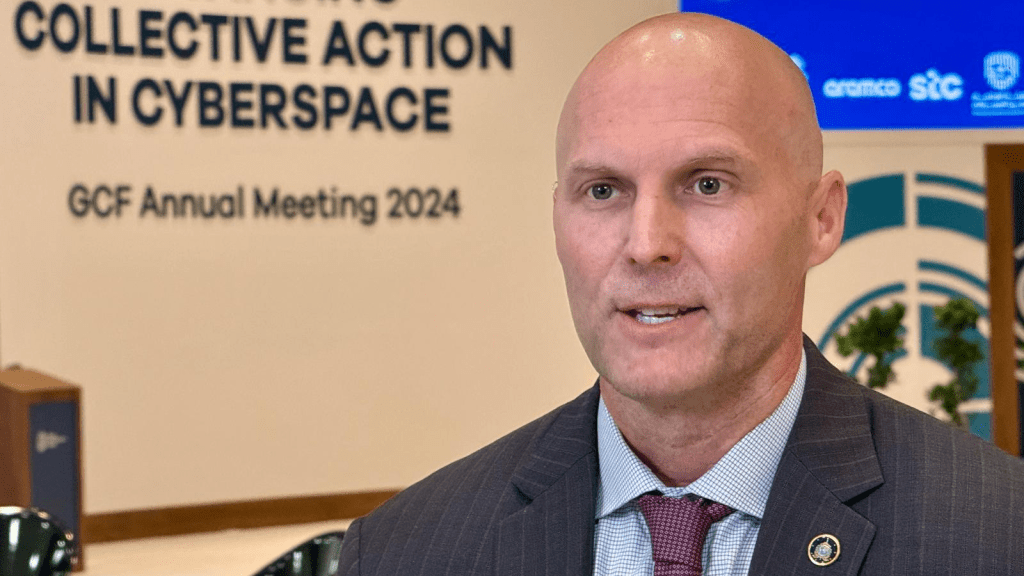
Does this mean that, in this context, you believe collaboration, both public and private, is key?
No single agency, country, or company can combat international cybercrime in a silo. It takes a team effort, and this requires collaboration between law enforcement and the private sector. We also need to bring policymakers and strategists to the table to get everyone to the table to solve this problem. There is no one-size-fits-all strategy to combat cybercrime, so it is essential to use collective powers and consider how we view cybercrime and how we can, with our authorities and skills, make it harder for the ‘bad guys’ to act. Partnerships are at the heart of what Interpol does. For example, we have an agreement called Gateway with partners who provide us with information that we can then share with law enforcement agencies.
On the other hand, I was saying that we have 196 countries in the agency. We are aware that we cannot combat this situation separately, or all at once, because there are many differences. So we have decided to opt for a regional approach. I am in Singapore, which is where the unit I lead is located. Here we have two operational groups, one for Africa and one for Asia and the South Pacific. Then, we have officers on duty in those regions; and, several times a year, we carry out operations in which we provide intelligence information and we carry out a kind of ‘wave’ in which we pursue a specific type of crime. That is how we are having success. Because of the collective. We want to extend this approach to the Middle East and North Africa, and to South America and, over time, to reach the whole world.

